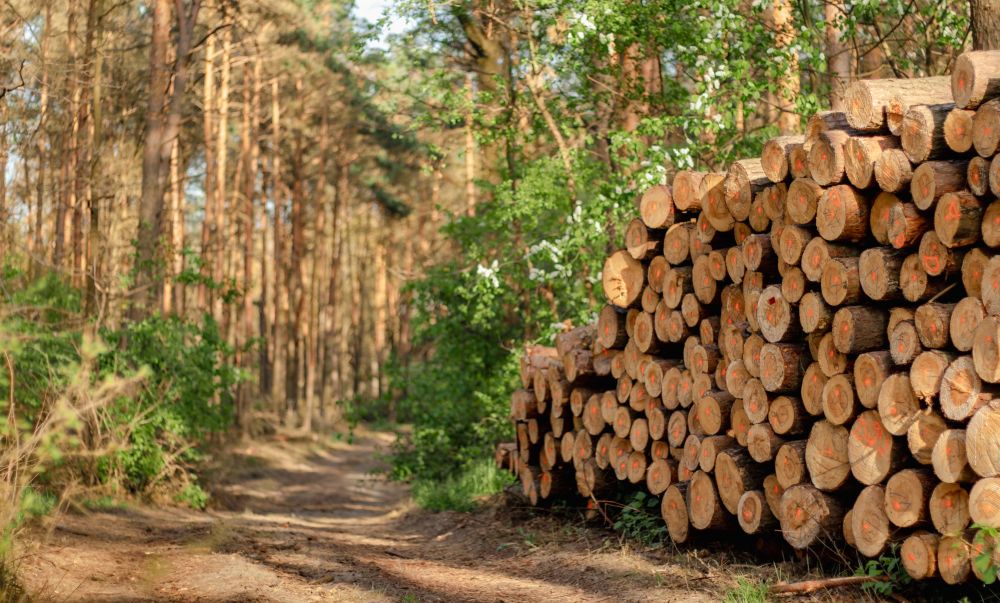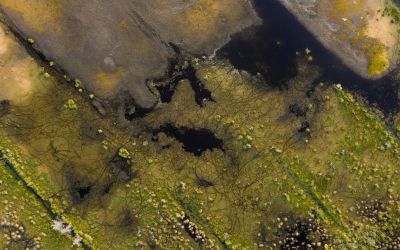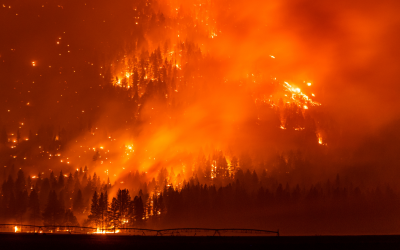European Union agrees law to fight global deforestation and forest degradation
The Commission welcomes the provisional political agreement just reached between the European Parliament and the Council on an EU Regulation on deforestation-free supply chains.

The Commission welcomes the provisional political agreement just reached between the European Parliament and the Council on an EU Regulation on deforestation-free supply chains.
Once adopted and applied, the new law will ensure that a set of key goods placed on the EU market will no longer contribute to deforestation and forest degradation in the EU and elsewhere in the world. Since the EU is a major economy and consumer of these commodities, this step will help stop a significant share of global deforestation and forest degradation, in turn reducing greenhouse gas emissions and biodiversity loss. This major agreement comes just before the start of the milestone Conference on Biodiversity (COP15) which is set to define protection goals for nature for decades to come.
Virginijus Sinkevičius, Commissioner for Environment, Oceans and Fisheries: "Through this agreement on the eve of the crucial global conference for the protection of biodiversity in Montreal (COP15), the EU is sending a strong signal to the rest of the world that it is determined to address global deforestation that contributes massively to the climate crisis and the loss of our natural environment. To succeed we will build efficient and close cooperation with both consumer and producer countries to ensure a smooth process."
When the new rules enter into force, all relevant companies will have to conduct strict due diligence if they place on the EU market, or export from it: palm oil, cattle, soy, coffee, cocoa, timber and rubber as well as derived products (such as beef, furniture, or chocolate). These commodities have been chosen on the basis of a thorough impact assessment identifying them as the main driver of deforestation due to agricultural expansion.
The political agreement comes just 12 months after the Commission's 2021 proposal. The final version builds on the core features proposed by the Commission, namely: tackling deforestation regardless of whether it is legal or illegal; strict traceability requirements linking the commodities to the farmland where they were produced; and a country benchmarking system.
The new regulation sets strong mandatory due diligence rules for companies that want to place relevant products on the EU market or export them. Operators and traders will have to prove that the products are both deforestation-free (produced on land that was not subject to deforestation after 31 December 2020) and legal (compliant with all relevant applicable laws in force in the country of production).
Companies will also be required to collect precise geographical information on the farmland where the commodities that they source have been grown, so that these commodities can be checked for compliance. Member States need to make sure that not complying with the rules leads to effective and dissuasive penalties.
The European Parliament and the Council will now formally have to adopt the new Regulation before it can enter into force. Once the Regulation is in force, operators and traders will have 18 months to implement the new rules. Micro and small enterprises will enjoy a longer adaptation period, as well as other specific provisions.
Find out more here.





_400_250_s_c1.png)
